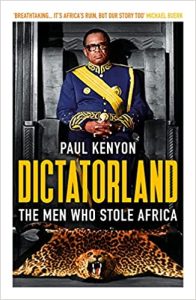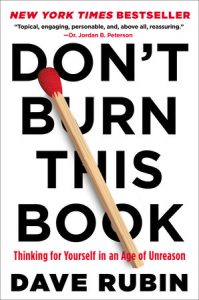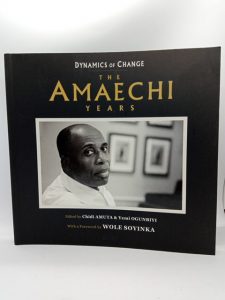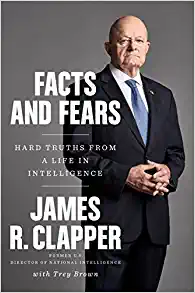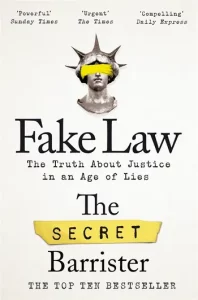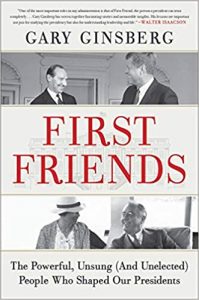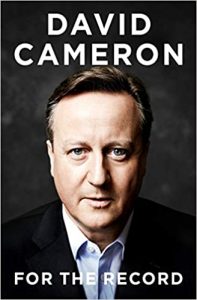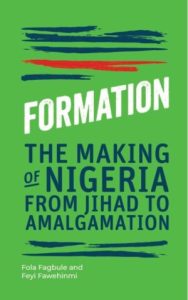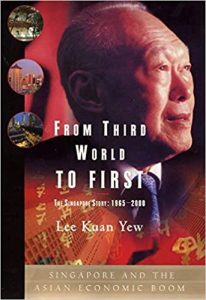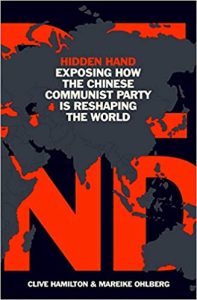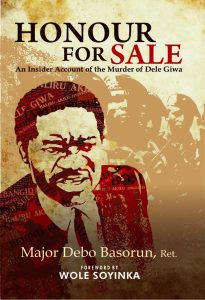Dictatorland
₦6,000.00One dictator grew so rich on his country’s cocoa crop that he built a 35-story-high basilica in the jungles of the Ivory Coast. One austere, incorruptible leader shut Eritrea off from the world in a permanent state of war and conscripted every adult into the armed forces. The Libyan army officer who authored a new work of political philosophy, The Green Book, and lived with a harem of female soldiers, running his country like a mafia family business. And behind these stories of fantastic violence and excess lie the dark secrets of Western greed and complicity, the insatiable taste for chocolate, oil, diamonds, and gold that have encouraged dictators to rule with an iron hand, keeping their people in dire poverty.

